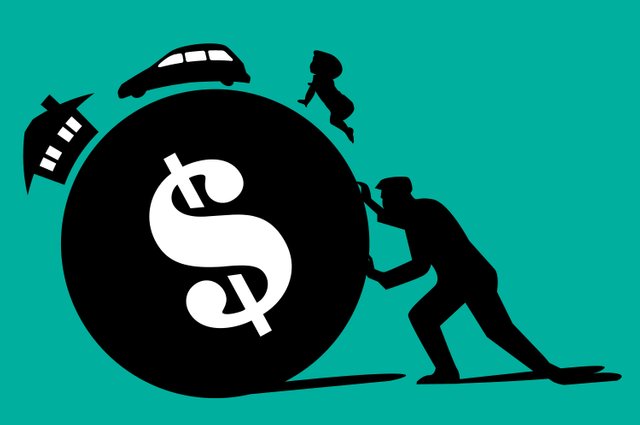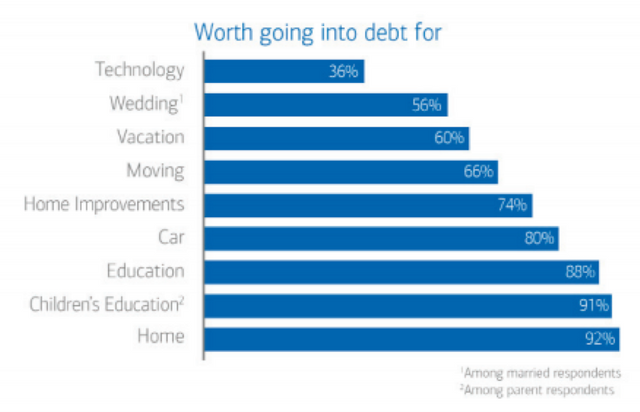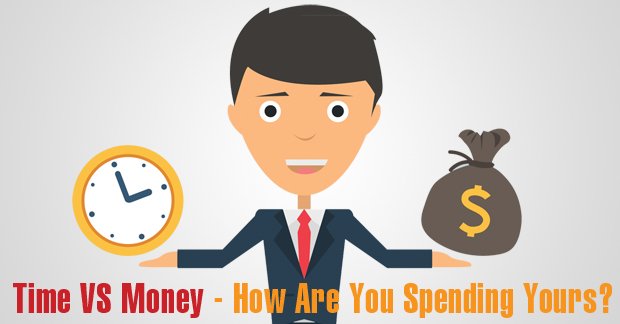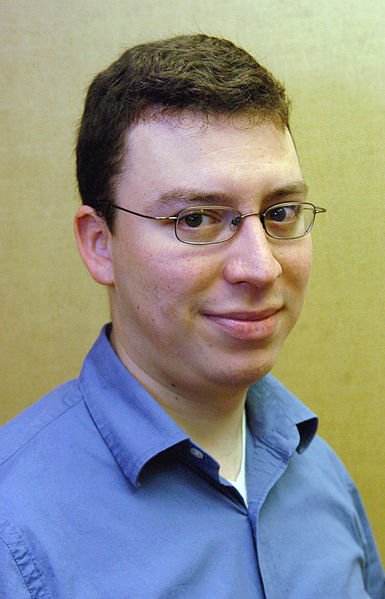Does using a monetary system, that often sacrifices time, crush innovation?
Feeling small in a large world
Through out my life I have wanted to create something for the "world" that will help everyone. The only difficulty Is feeling small in such a large planet. Believing this has created a helpless feeling about not being able to create something that will actually change anything for the positive in the world and being surrounded by others who also feel frustrated with there lack of ability change things creates that feeling within me even more. Usually the predicament has always come down to basically two things for me: time vs money.

Time (especially "free" time) is necessary to fuel innovation. Time often is sacrificed by the majority to earn money to cover their expenses. Killing any innovation for those people sacrificing their time.
When I was young, I had an infinite amount of free time, yet I only followed the guidelines of my parent; Not having the strong ability to choose something for myself or risk anything.
Now I often feel like I do not have "free time, even though i do have a lot of time to do what I want. I also often feel I have an obligation to something or someone, that I should be doing "something" productive, or just making money in general. My theory about why I feel this way is because of all the expenses that must be paid monthly; So each moment I have that is not working toward paying those things, leaves the possibility of falling behind on bills. Even with the situation I have now were I don't pay for rent or house bills, I still feel in debt to the person that does. Creating a feeling of always needing money to pay back that debt.

For those who are able to spend there money to buy time, they are able to acquire this "free time" by leveraging there money in a trade with others for there time; Usually still receiving income earned through the other persons work that they spend time doing; Often earning enough to pay the person using there time in exchange for money and enough to pay themselves an equal amount, if not even more. The person having leveraged there money will usually have some or all there expenses paid for and having bought time of others, now there time is free to spend how they want.
If one does not have money to leverage to create time, then they must sacrifice there time to pay for all their expenses (which most of us have these expenses). The money they receive is based on how valuable (how much money) that persons time is and how many other people desire this persons time; The more people that want it, the higher prices that persons time is worth. But no matter how much they earn with there work, they are still having to use/sacrifice there time to make that money. Often seeing the majority of Americans (probably extending to other countries too) not being able to make enough money to pay for all the expenses of living and fun, often going into debt.

A survey found that most Americans have fallen short of their retirement savings or debt reduction goals for 2015. But if they are going to take on more debt, they feel justified in doing so for certain types of investments, especially for education or homes for themselves or their kids. ~thefiscaltimes
Examining those who have spent there time for money and those who have spent there money for time

People who spend their time for money
If we look at the people who spend there time to receive money, usually we see this person spending the majority of there time at work; Some spending even more time working for less money if others (or themselves) do not consider there time valuable. This can be a viscous cycle of working almost all the time to only meet the bare requirement (if even that) cost of living in urban society. Crushing any innovation that these people would have had because of the day to day survival mindset that they live in.
those who spend there money for time
On the contrary, those who spend there money for time often gain more and more free time with each investment.
Gaining passive income from the money that they have invested, allowing them to pay for there expenses, causing them to not have to sacrifice there time on work less as there investments grows. This free time that they gain I see being used in three ways:
1.Spending there money to have fun, when there not working
2.Making more investment, working more to make the most amount of money they possibly can
3.Investing in creation, putting money in there own inventions and others that they want to see grow, often still making them more money in the end. Sometimes with the main intention of helping society, other times with the main intention of marketing and making more money.
money can either crush innovation or promote it, depending on the maturity of the person

Most of the time monetary currencies seem to create this effect of stifling innovation. This happen because since money is the main goal, once that goal is completed there is no reason to do or create anything else. Usually what happens is people feel the have reached the plateau, then they see that there is higher one and a higher one. This cycle continues forever, endlessly trying to catch up with those who have more money than them. This also happens cause the brilliant minds seek the jobs that has the biggest pay/reward, especially if they have debt from there student loans that they need to pay off. Often those jobs with the highest pay create nothing and have no innovation what so ever.
@calaber24p recently wrote a blog on Wall Street’s Hiring Of The Smartest Minds Hurting Our Society As A Whole.
The biggest problem I see with Wall Street and the securities industry in general is they provide little production benefit to our country as a whole. Sure they do have products that add some benefit, but for the most part they play the role of middlemen, not creating anything or producing anything beneficial. Instead, like leeches, they take their cuts for jobs that are only available because of heavy regulation on the industry as a whole by the government.
This is the biggest problem I see too. Often the most money is made by laws being passed to create taxes on more things or limiting competition which creates monopoly's or the more common oligopolys. All of this is done through lobbying or other methods, which is getting only one or a group of people really rich, all for creating nothing with zero innovation.
If you've become rich, why not make your main focus creating inventions and funding innovation, instead of more working and consumerism.

luckily, there are those who get rich (some reaching this by being innovative) and then make there main goal innovations, funding it with there time and money. One example of a person like this is Luis von Ahn who created CAPTCHA with a group of other people . Which is a user identification procedure to verify that a human is active and not a bot. Luis von Ahn wrote a thesis about "human computation" a word he had coined, referring to methods that combine human brainpower with computers to solve problems that neither could solve alone. At one point after he wrote that thesis, he took another look at CAPTCHA and realized how much time was being wasted by his creation from humans entering in words and number that had no productive byproduct of that time spent. he factored how much time people have wasted on the four- to six-character tests. He's estimated that people type 200 million Captchas every day around the world, or a collective estimate of 500,000 man hours (at 10 seconds per puzzle). With this realization he then created reCAPTCHA. ReCAPTCHA, which figures out certain letters in words, that the computer does not recognize, from books that are scanned onto the computer. The computer does this by cross referencing multiple peoples answer, of the unidentified letter to find the right answer. Later ReCAPTCHA was bought by google for an undisclosed amount (at least millions, if not billions). After he became a millionaire hes started teaching computer science at Cambridge university. He and his classmates went on to create duo-lingo, a company that aims to coordinate millions of people to translate the Web into every major language. It does this by teaching people new languages as a game played by the user, while cross referencing that persons answers to find the best answer to translate each word.
Luis von Ahn is a true inspiration and I wish more people (like him) could see there vision with innovation as a stronger cause than money. He says that he only wants to aid projects that work for the good of humanity, which is why he cares about each individuals wasted time using CAPTCHA and fueled his innovation to create ReCAPTCHA.
What other people do you know that focus more on inventions and innovations while still being financially successful?
If you enjoy my writing follow me @ballinconscious, thanks!
I like your thinking in this and many of your other posts (too old to comment on). I think that our financial system breeds innovation on one hand since people are pushed to challenge themselves to do better than what's out there at any given moment, but on the other hand much valuable creativity and innovation can't be monetized and is thus devalued and this is very unfortunate.